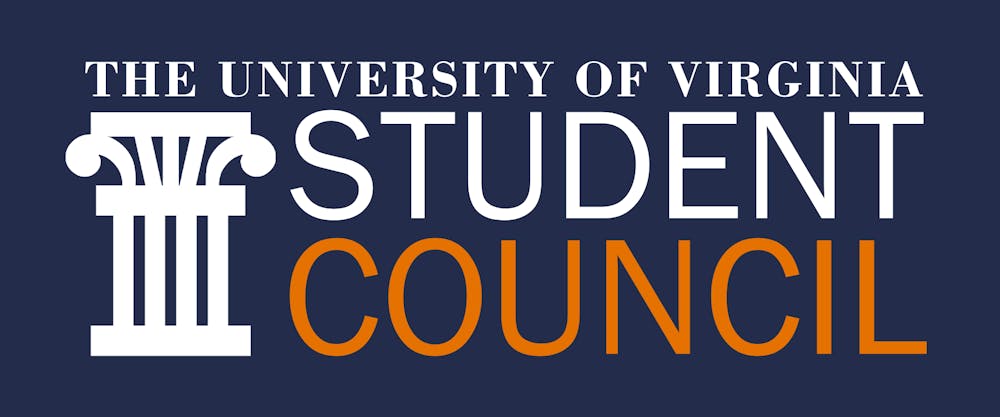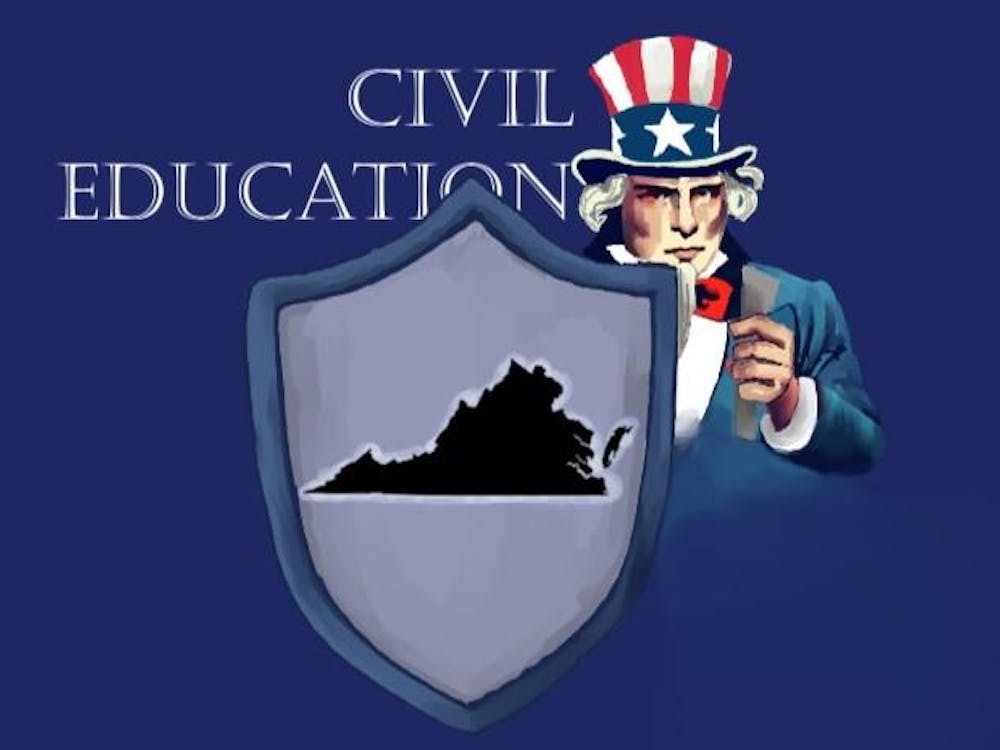This past weekend, The Cavalier Daily Editorial Board interviewed both presidential candidates for Student Council — third-year College students Hunter Wagenaar and Ellen Yates — and took a wide range of factors into consideration for its endorsement. Specifically, we asked the candidates about their previous experience with Student Council, what they see as the most practical part of their platform and their thoughts about how to make the Council more transparent. While we firmly believe that both candidates provided platforms that could benefit the University community, they portrayed significant shortcomings that prevent us from being able to endorse either of them at this time.
The candidates presented impressive platforms and came from different positions and experiences within Student Council. However, we were unable to come to a clear decision as to who would serve better in the role. Due to the importance of this position — both as a figurehead for student self-governance at the University and an advocate for the student body as a whole — we cannot definitively endorse a Student Council President.
It is unclear to us who would best serve the University community — in fact, we feel we would be doing the student body a disservice if we were to claim that we do know who would be a better Student Council President.
Firstly, Wagenaar’s platform — entitled “Empower the Student” — introduces many initiatives. For example, this would include a “complete rewrite” of the Student Council constitution to incorporate the perspective of CIOs and “starting a cultural arts fund to focus on culture-centered arts projects.” Additionally, in his interview, Wagenaar identified the most important part of his platform as the establishment of the Vice President of Student Resources, which would add a third Vice President to the current Student Council Executive Board. This position would advocate for student workers. Wagenaar also mentioned that he would repurpose Student Council offices to serve as storage space for CIOs. Although Wagenaar does not currently serve on Student Council, he was elected as a Student Council Representative for the College in 2019 and served as Chair of the External Affairs Committee and Chair of the Renaming, Recontextualizing, and Removal Committee.
Wagenaar’s platform is exceptionally bold — in the most refreshing and optimistic way. We positively believe his ideas would make the University a place that prioritizes the interests of students over those of the administration. Nevertheless, the Editorial Board questions the practicality of some of these initiatives. While some have doubted the impact that Student Council policies can have on their lives, perhaps a complete rewrite of its structure and governing constitution would create more obstacles to tangible change. For example, at a University with over 650 CIOs, it seems far-fetched to assume they would all participate in such a large project in a short amount of time.
Furthermore, Yates’s platform is grounded in pursuing “Presence, Partnership, Accountability.” Yates, who is currently the Vice President for Administration, asserts that the most important part of her platform is creating more engaging partnerships between Student Council and different communities on Grounds. Yates outlined specific plans to build coalitions to increase engagement and bring to light the issues faced by many marginalized communities. For example, she proposed roundtable discussions with those affected by the issues that she hopes to tackle as well as called for the translation of more University legal and financial documents into Spanish. Additionally, Yates has worked on Student Council since fall 2017 in a variety of positions, including Chief of Cabinet, Chair of the Student Life Committee and Chair of the Student Dining Advisory Board.
However, she acknowledged very few issues with the transparency of the internal structure and operations of the Council. As a whole, Yates did not offer enough change to the current system that would persuade our endorsement — instead of changing a perhaps overly bureaucratic structure, she simply wants the students to have a better understanding of it. While this is a fair claim, issues such as lack of engagement, low voter turnout in student elections and little understanding of the bureaucratic structure of the Council should require structural improvements which Yates does not address in her platform.
In light of these considerations, this decision ultimately should lie with the students themselves. As such, contact the candidates, attend the Student Council debate and question their provided platforms. And, most importantly, vote in the upcoming University-wide elections any time between Feb. 26 and 28.
The Cavalier Daily Editorial Board is composed of the Executive Editor, the Editor-in-Chief, the two Opinion Editors and their Senior Associate. The board can be reached at eb@cavalierdaily.com.







